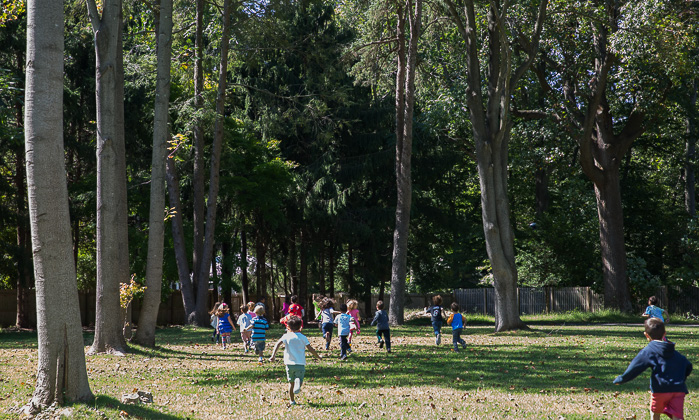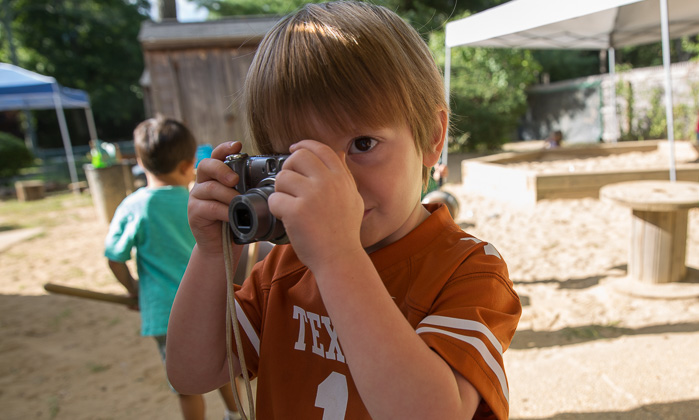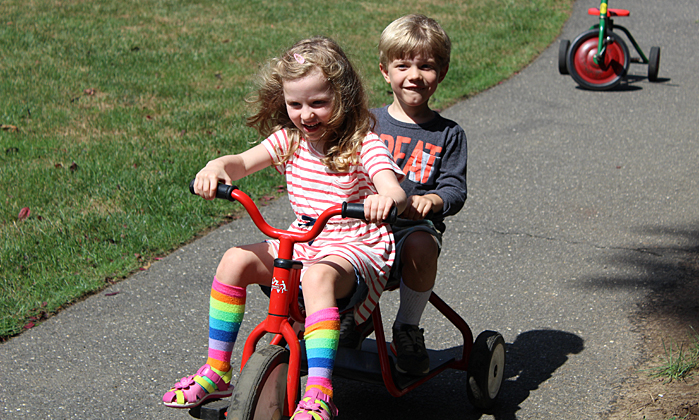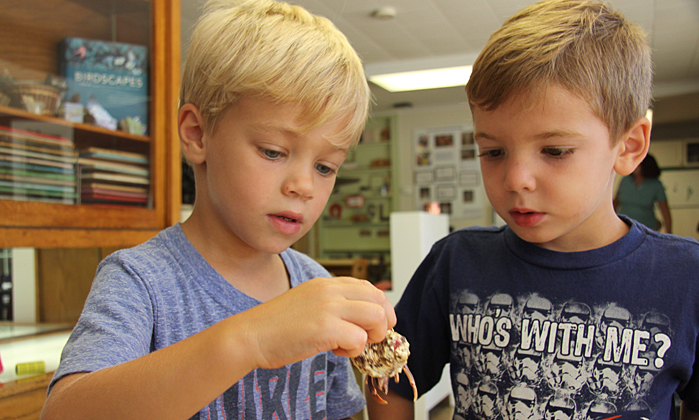Please read PHILOSOPHY and CURRICULUM for more in-depth information about the content of our programs. Below are general policies covering all of our programs that we encourage you to read before you visit:
Toilet Training
Your child must be toilet trained and may not wear diapers or pull-ups to school. Using the toilet for elimination is a major step in taking responsibility for oneself, and provides an important opportunity for the development of autonomy and independence, as well as a boost to self-esteem. An important first step in showing readiness for school is to be able to control one’s bodily functions i.e. being toilet trained. Physical and emotional readiness are factors that affect the toilet training process. Read more about our toileting policy and suggestions to help with toilet training HERE.
Trips
Trips outside the school have always been an integral part of our program. They help our students expand their awareness of the world and understand their community. Field trips are planned by group teachers and will often be associated with a study project or sparked by a need to find out more information about a newly developed interest.
Children and teachers are transported on trips by a contracted school bus with a driver. Appropriate safety measures are always followed. Parents are notified before each trip is taken and must sign a permission slip. The All Day Room and the Primary Class visit a county library on alternate Friday mornings. In addition, the Primary Class has weekly trips to engage in planned physical activity away from school. These activities include; hiking, skating, gymnastics, and swimming.
Snacks
Children are given snacks every day, provided by the school. There are always fresh fruit and vegetables available. Water is our beverage of choice since it quenches thirst and does not contain sugar, it is also easy to clean up, since we encourage our students to pour their own. Parents should not send in special snacks for the class with their children without first consulting the teacher.
Allergies
All allergies need to be reported at the start of school, and reminders are helpful. We are a peanut-free school. No peanut butter or peanut products are allowed at school. Other food allergies are addressed as needed depending on the student population, and this varies from year to year.
Traditions
Over the years, A Child’s Place has developed traditions through which we celebrate our school community. Parents are encouraged to share family celebrations. Each month, we have one birthday celebration to include everyone’s birthday that falls in that month. The planning and preparation of the day is part of the classroom work. This monthly ritual promotes a sense of community which we believe makes A Child’s Place special. To cover the months when school is not in session, at the end of May we have a June and July birthday celebration, and in September, August birthdays are celebrated.
Peace Table
Peaceful and cooperative solutions to a social conflict are important to our school community, therefore we have implemented the Peace Table.
Each classroom has a Peace Table, and the children have used it effectively for several years at A Child’s Place. Besides the two parties who need to resolve a conflict, there is a mediator (another student) who listens to the problem presented by both sides and then helps them each to find a solution that they both agree to abide by. At the beginning of the school year, the teachers model the process, including the mediator’s role, and whenever they feel it necessary to reinforce the concepts.
The children usually catch on quickly after the adult modeling, and it is interesting how certain children are particularly drawn to the role of mediator and work very hard at active listening. Competition may certainly exist, but not at A Child’s Place. We strive for collaboration and cooperation among our students.
Progress Reports and Conferences
Student growth is assessed continuously. Individual conferences between parents and teacher are twice a year – during October and January. Progress notes go home in November and formal written evaluations are produced in January and May. We do not give standard report cards, but instead provide parents with detailed observations of each child’s behavior and progress. If necessary, additional one-on-one conferences may be arranged at any time with the teacher or Director. Teachers are, of course, available before and after school to answer questions and concerns.
Separations
Separations are often difficult in the beginning of the school year. We feel that adjustments are made faster and easier if the child is prepared beforehand and understands that their mother or father is nearby and will be back shortly. It is important that you be available during the first weeks of school to show up if needed and to give the reassurance the child needs in their first separation. We will work closely with parents, and our teachers will help guide parents and children.
Extended Care
Extended care is available for children from 8am to 4pm Monday through Friday.
Sibling Drop-Off and Pick-Up
A Child’s Place has options for parents with more than one child at the school where they may drop-off and pick-up at the same time. Please call our school office at 732-747-0141 so we can help find a schedule that works for you.





